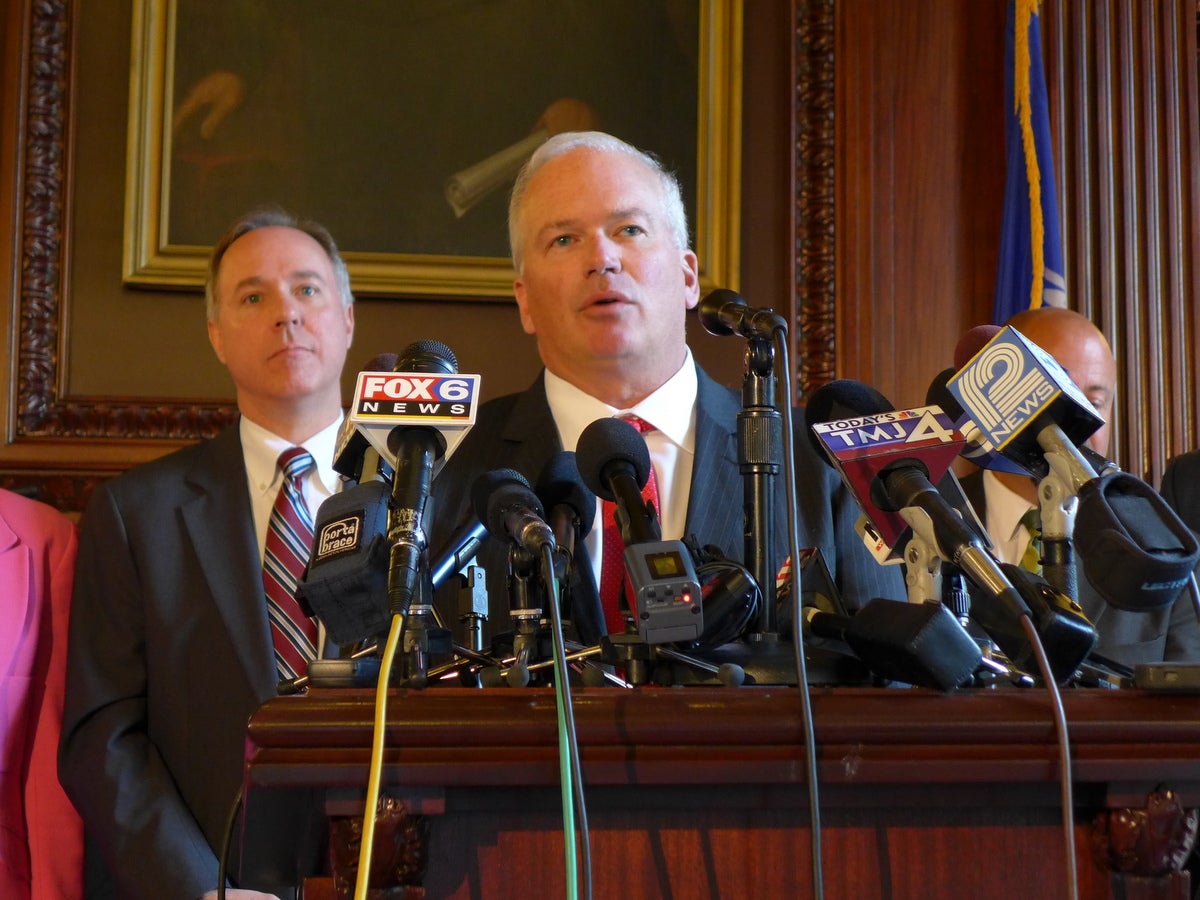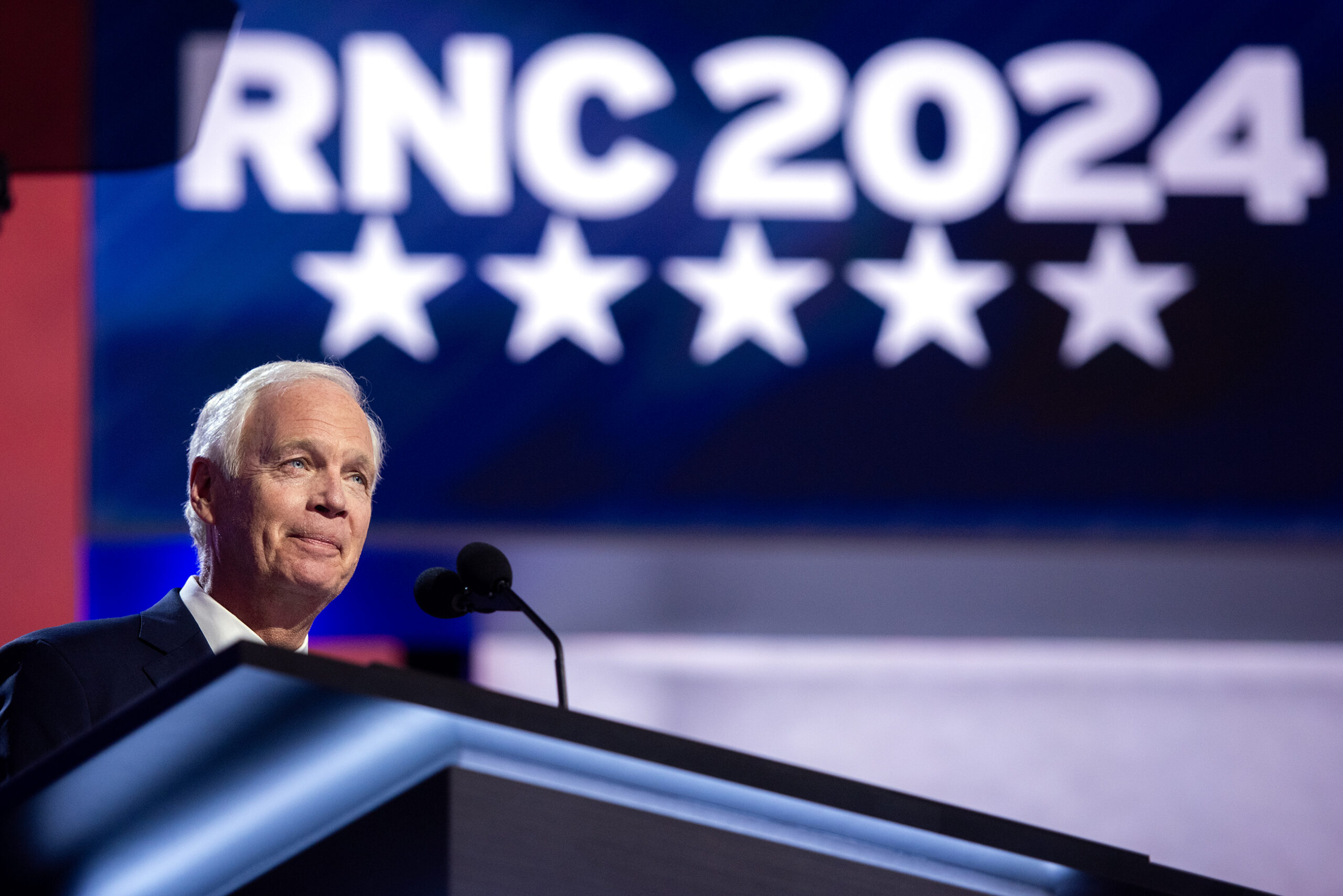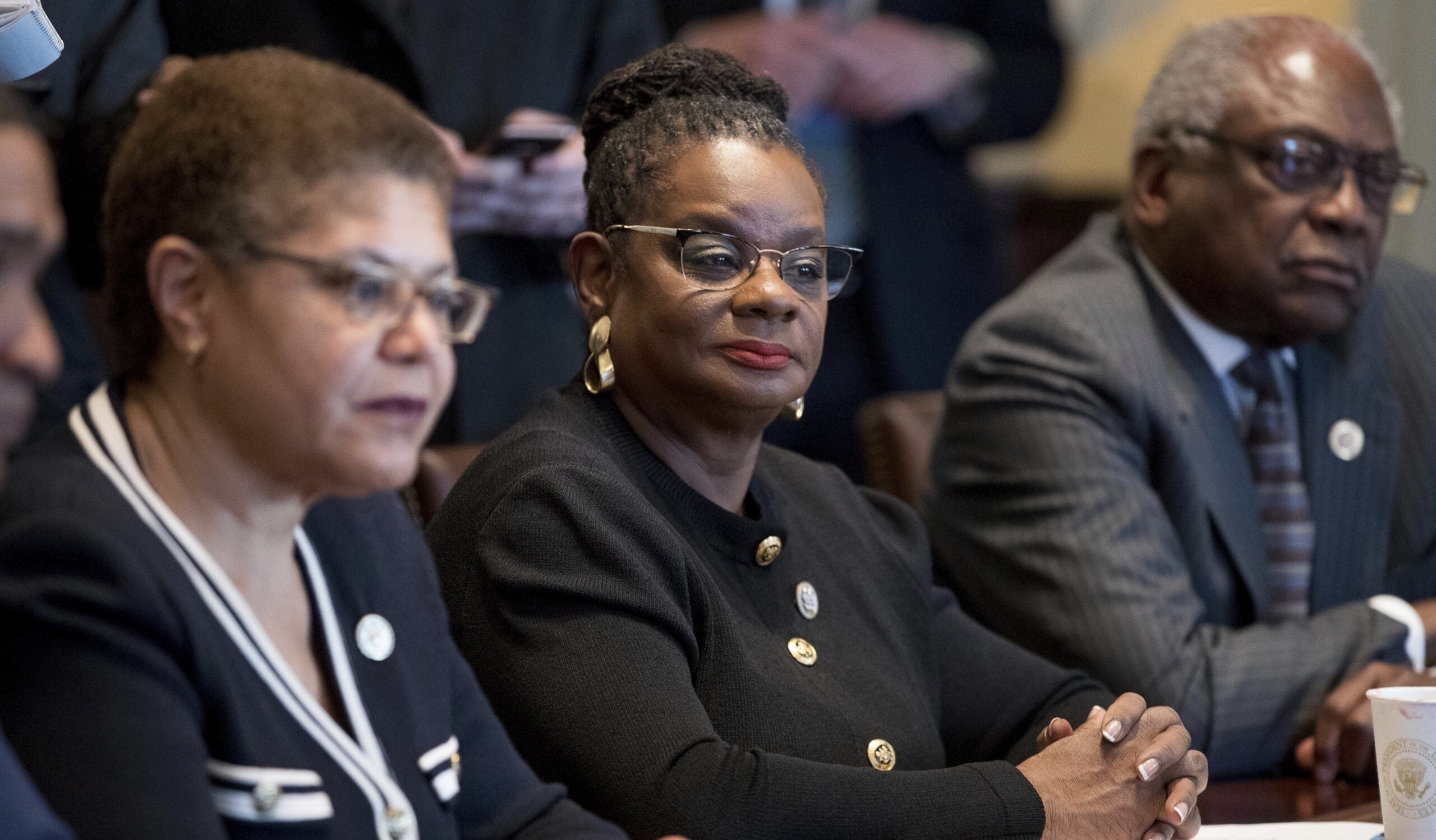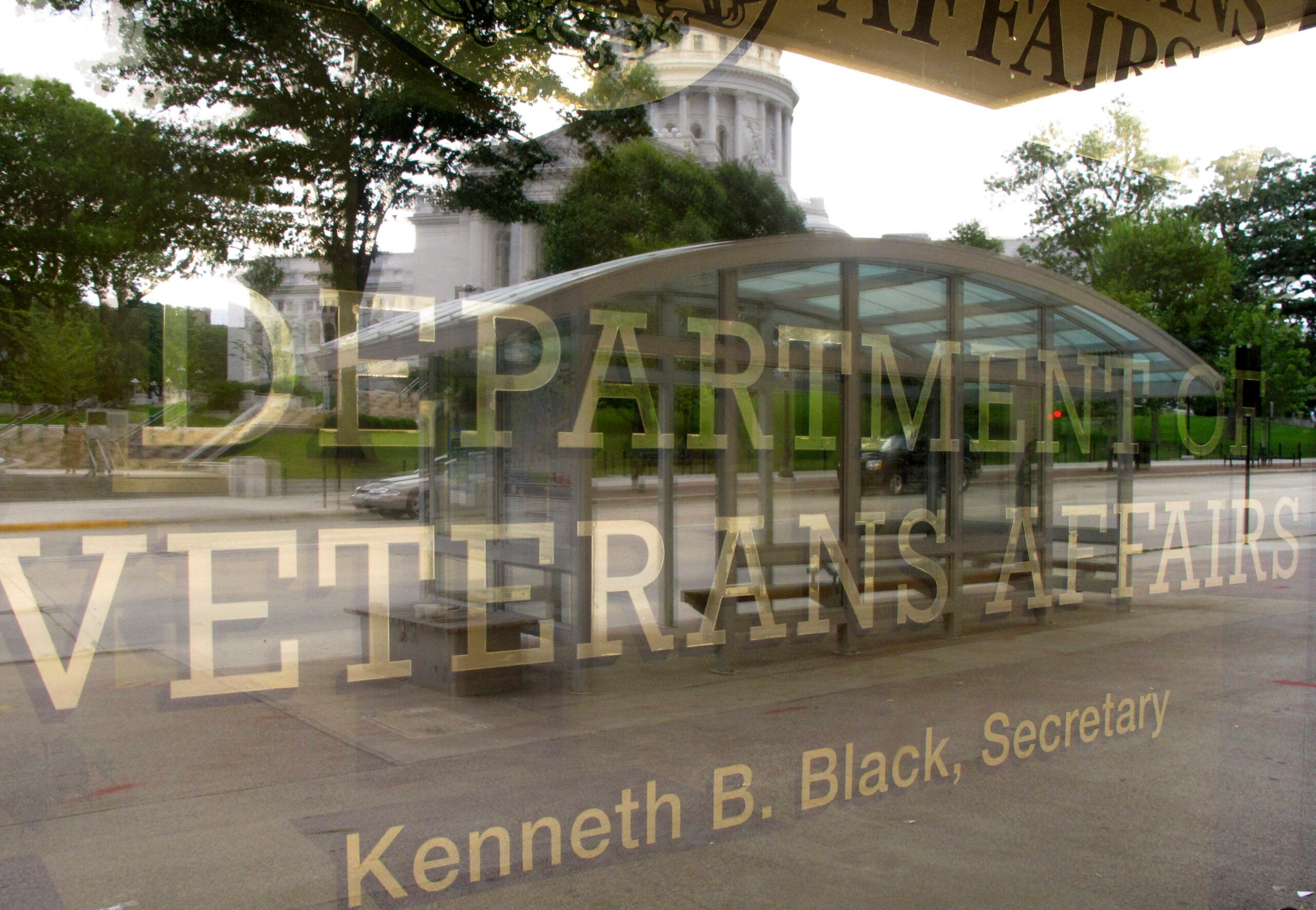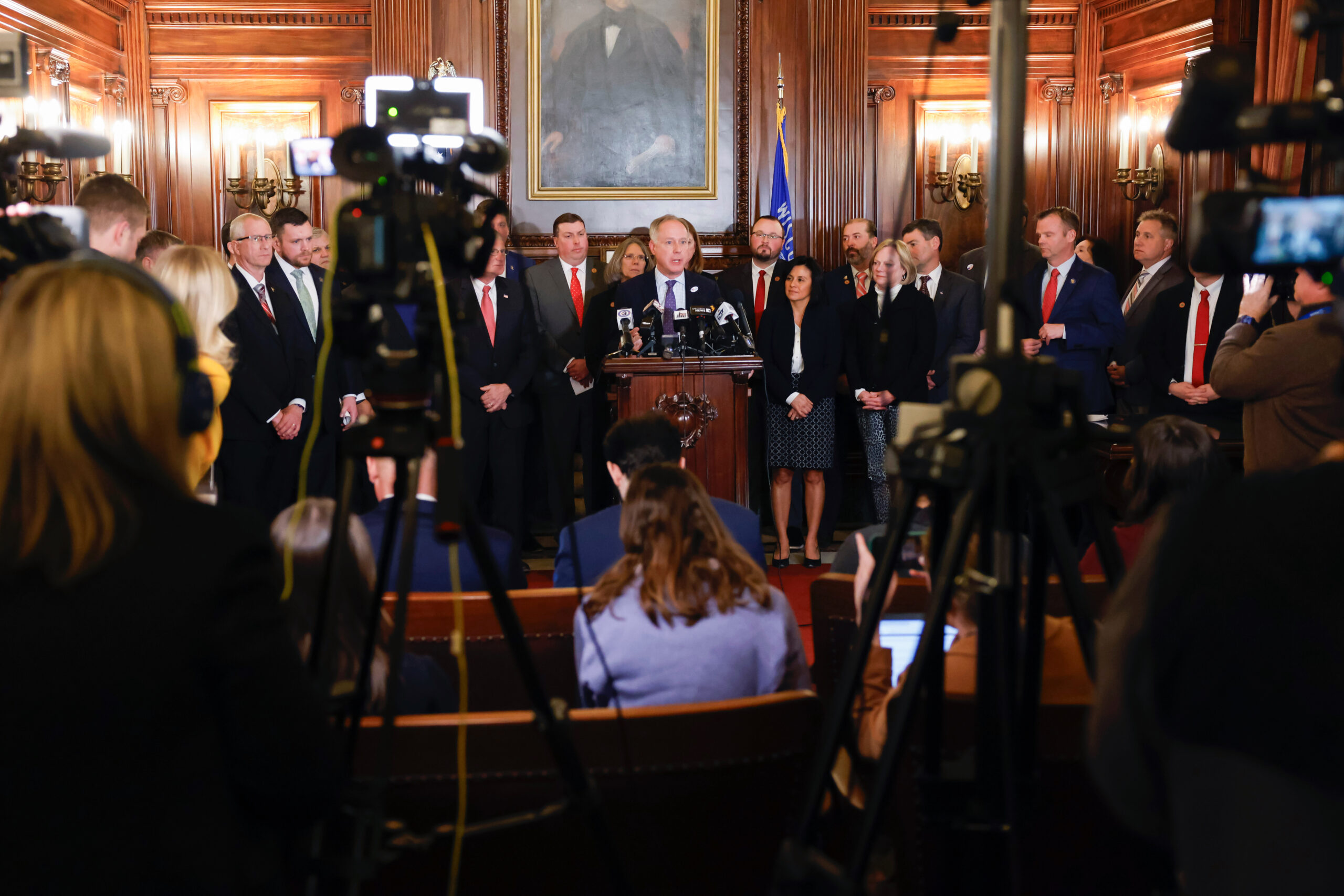The deal meant to resolve a month-long impasse over the state budget that Republican legislative leaders unveiled on Wednesday morning was anything but simple, and far from final.
Typically, when the Republicans who run the Legislature gather reporters from around the state to discuss a budget deal, things are more settled than they were at Wednesday’s press conference.
“I mean, every plan by design always can fall apart,” Senate Majority Leader Scott Fitzgerald told reporters.
News with a little more humanity
WPR’s “Wisconsin Today” newsletter keeps you connected to the state you love without feeling overwhelmed. No paywall. No agenda. No corporate filter.
Fitzgerald’s job isn’t proving to be easy this year. Several of his members have made firm demands that certain issues either get put in the budget or get taken out.
Fitzgerald needs 17 votes to pass a budget. During the press conference, he was asked whether he had those votes.
“No, I don’t have the votes right now as we stand here,” said Fitzgerald. “But I don’t expect to have the votes. There’s still a number of members, specifically outside the Finance Committee, that have talked to me about things they want to see added or deleted from the budget.”
What Republicans did agree to, at least tentatively: They will borrow a total of $850 million to pay for roads. That’s $450 million less than what Gov. Scott Walker proposed, but substantially more than what Assembly Republicans were discussing.
Typically, the Department of Transportation, controlled by the governor, decides which projects move forward and which ones get cut. Assembly Speaker Robin Vos said this plan would let the DOT decide how to spend $500 million of the money, while the Legislature would decide how to spend the remaining $350 million.
“It’s a nice way to be able to have additional opportunities to make sure we invest in roads but do it in ways that’s as fiscally prudent as we can,” said Vos.
Under the GOP plan, part of the massive Zoo Interchange construction project in southeast Wisconsin would be delayed, as would other projects throughout the state.
To get past the other issues that were standing in the way of a budget deal, Republicans simply took them out of the budget. Fitzgerald said he’ll try to pass a financing package for a new Milwaukee Bucks arena next week. On that issue, he’ll need votes from both parties.
“I’m certainly hoping that there will be Democrat senators, from my perspective, that will support the arena deal, and there will be enough votes to get the arena completed. I’m very optimistic,” said Fitzgerald.
As for the other issue hanging up the budget — what to do with Wisconsin’s prevailing wage law for government construction projects — the state Assembly will pass a standalone bill. However, it remains to be seen what the Senate will do.
“That’s a little bit fuzzier for us, because I don’t know how much of a push I’m going to get from certain senators,” said Fitzgerald.
Some Republican senators have said they won’t vote for the budget without a complete repeal of the prevailing wage law.
After hearing about Republicans’ plans — especially on the Bucks arena — Democrats said they still needed to hear more. Assembly Minority Leader Peter Barca said he hoped a Bucks arena deal would pass.
“We’re open to it, but let’s make no mistake: The chances for keeping the Bucks in the state of Wisconsin and for protecting the taxpayers has gone down dramatically by this decision to make it a standalone bill,” he said.
Barca blasted the GOP’s other proposals, saying they’d mean fewer jobs and lower wages for Wisconsin. He said Democrats still weren’t sure what the final budget would look like.
“But the one thing we’re certain about is, it is going to look far worse in Wisconsin the next two years than it’s looked the past two years,” he said.
Depending on how things plays out, Democrats could find themselves in the rare position of having leverage at the Capitol. They might use it to insist on changes to the Bucks deal or to the ever-changing Wisconsin state budget.
Wisconsin Public Radio, © Copyright 2026, Board of Regents of the University of Wisconsin System and Wisconsin Educational Communications Board.
